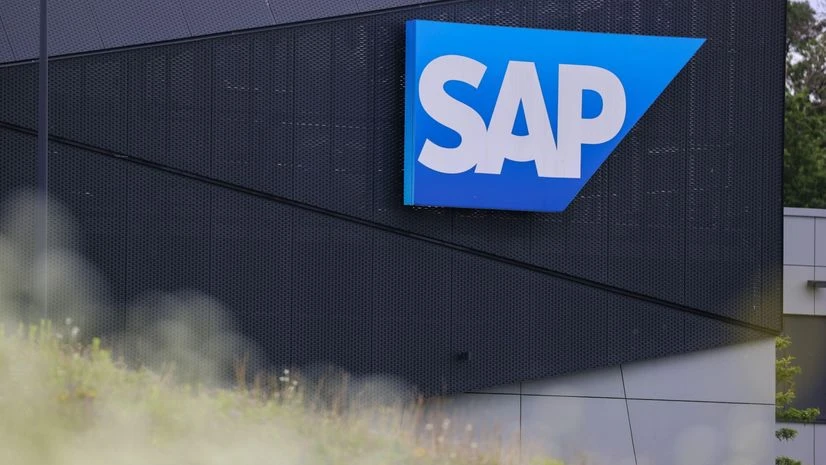By Andrew Pollack
SAP SE is planning a restructuring that will affect about 8,000 jobs and increase the German software maker’s focus on artificial intelligence. The company projected that operating profit would rise to roughly €10 billion next year as result.
As part of the restructuring this year, SAP said it will increase its focus on strategic growth areas, particularly “business AI,” and identify “AI-driven efficiencies” in its operations. The company didn’t immediately respond to a request for comment on how many people will lose their jobs. It said in a filing late Tuesday that it plans to end 2024 with a headcount that’s similar to current levels because of “re-investments” in other areas.
SAP, Europe’s biggest software company, has spent the past few years transitioning its enterprise business to cloud subscriptions, shifting away from traditional licensing models. In May, SAP announced a partnership with Google’s cloud computing unit that it said would allow clients to more easily unite data from disparate sources and use AI to improve their operations. The company, along with its software rivals, is working to incorporate AI tools into virtually all of its product offerings.
The restructuring will ensure that the company’s “resources continue to meet future business needs,” SAP said in its statement. The majority of positions affected will be covered by voluntary leave programs and internal “re-skilling measures,” the filing shows. Full-time workers at the company totaled 107,602 as of Dec. 31.
Separately, SAP reported fourth-quarter non-IFRS revenue of €8.47 billion ($9.2 billion), surpassing analysts’ estimates of €8.35 billion. Operating profit was €2.51 billion in the period ended Dec. 31, missing an average estimate of €2.53 billion.
The Walldorf, Germany-based company projected 2024 non-IFRS operating profit of as much as €7.9 billion, an increase of 21% at constant currencies. The company’s profit outlook of €10 billion for 2025 reflects a €2 billion reduction in share-based compensation expenses and €500 million in “incremental” gains from the restructuring.

)
